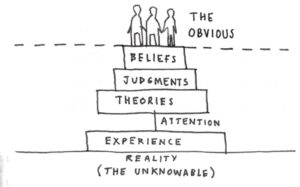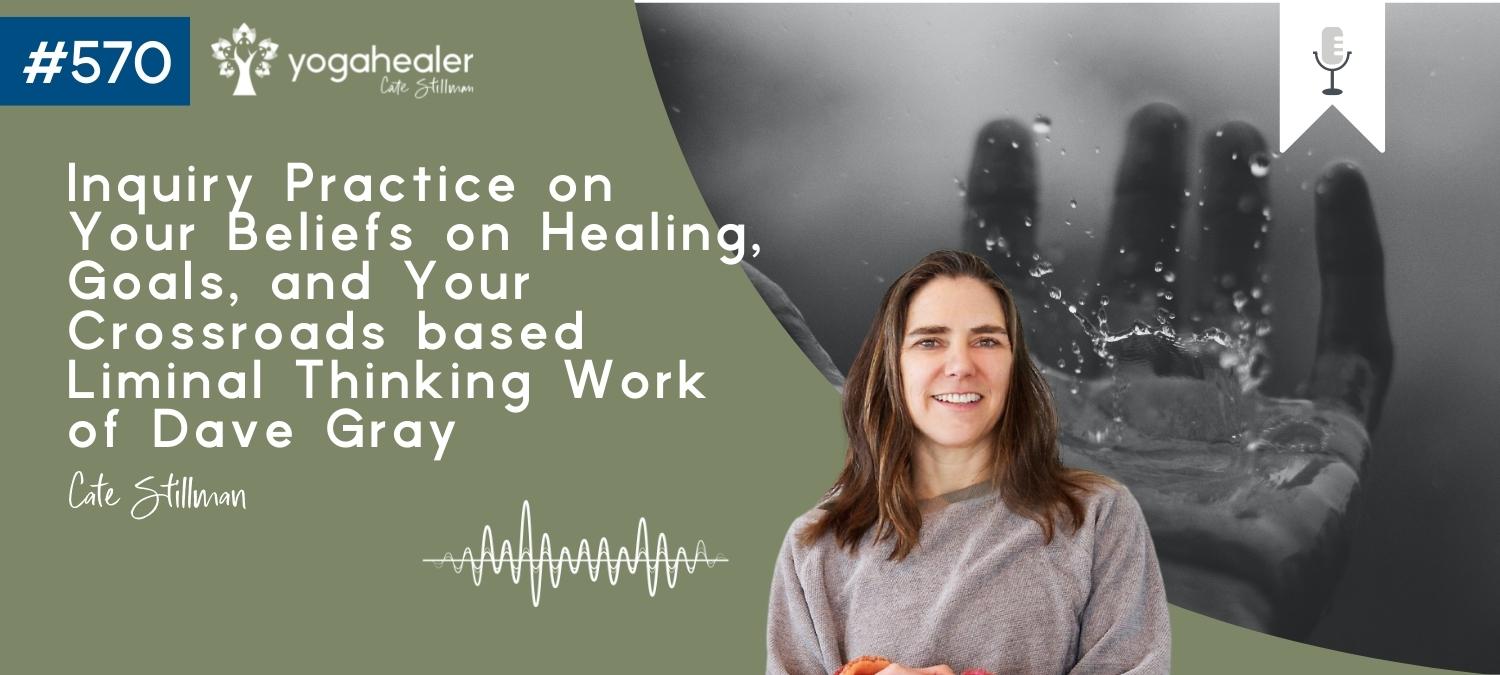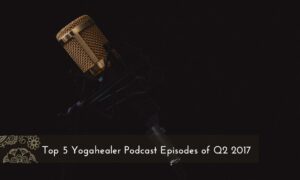Podcast Intro:
What are your beliefs about:
- Your body
- Your mind
- Healing
- Aging
- Dying
- Disease
- Healers
- Doctors
- Setting goals
- Achieving goals
What is the opportunity at the crossroads of your life right now?
What are your beliefs around health, healing, and disease? You might have experiences that you have individually experienced, and there are also universal energy experiences or unity consciousness experiences that are also part of your experience box. But you can’t know everything on some level.
In this world, there is a lot to learn. Do a bit of exploration. When you hear someone else tell you about their experience, it becomes part of your own. You can have direct perception experiences and experiences in different levels of consciousness that aren’t always conscious states.
What you’ll get out of tuning in:
- What is your workshop on looking at beliefs?
- What are some ways to question our beliefs?
- What are your beliefs?
- What is obvious to you?
- What is the emotional resonance you have with this specific word over that word?
- What is the opportunity at the crossroads of your life right now?
- Is inquiry practice a healing process in itself?
Links/CTA:
Highlights:
- Cate shares one of her favorite images which is Dave Gray
- Cate tells a story when her daughter keeps asking questions that are so beyond her experience.
- Cate mentioned being aware of the visceral experience
Timestamps:
- [0:59] The empathy map by Dave Gray
- [5:19] Beyond the threshold
- [8:57] Experience the experience in your body
- [11:31] Inquiry practice
- [15:01] Emotional resonance with certain words
- [16:14] What’re the crossroads right now?

Quotes:
- “We have these strong theories, judgments, beliefs, and things that we think are super obvious. But it’s resting on a small chunk of possible experience. What brings us beyond the threshold, beyond our condition thinking into liminal thinking is actually in part when we question our beliefs.”
- “Your beliefs are what is obvious to you.”
- “It’s okay to allow for contradictions. As you investigate your beliefs about the mind, return to what experiences have led you to those beliefs.”
- “It doesn’t have to be obvious to anyone but you because you’re just relying on your experience of what’s obvious.”


